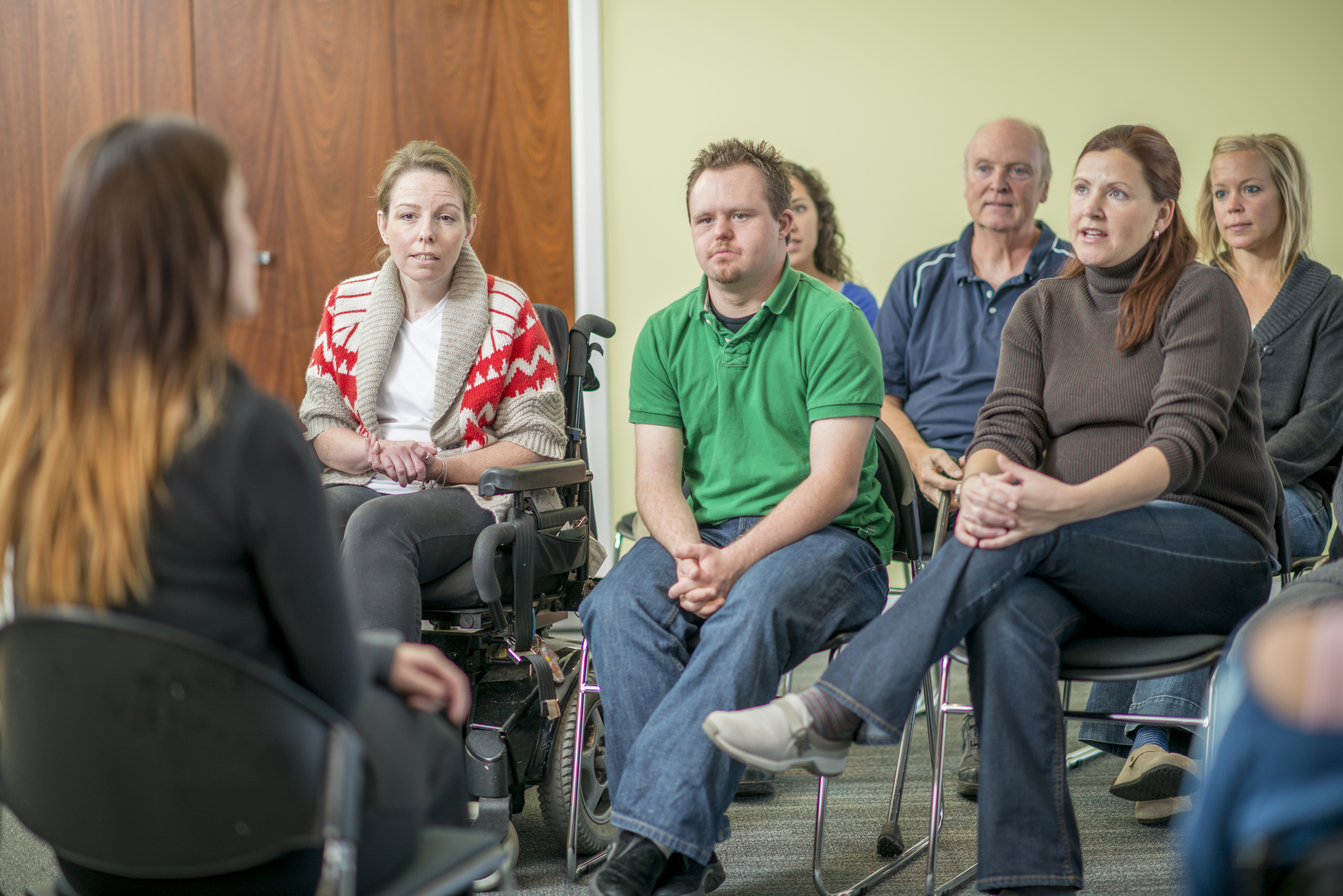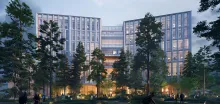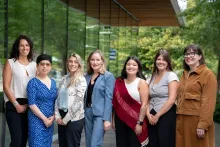
The Patient and Community Voices (PCV) workshop series consists of interprofessional workshops in which students learn directly from patients and community members through their stories and expertise. Workshops are developed, evaluated and refined by students, patients / community members, and UBC faculty working together in a participatory educational design.
Two new workshops were piloted in November 2019 and received positive feedback from participating students.
On November 13th, Patient and Community Voices in partnership with the Megaphone Speakers Bureau presented The Lived Experience of Drug Use. This community-based workshop connected UBC students with speakers who have lived experience of drug use, poverty, and overdose prevention in the DTES. Through storytelling and conversation students learned about the experiences and needs of people who use drugs and how to respond to addiction and overdose with skill and compassion. 24 students attended the pilot workshop from four disciplines: Occupational Therapy, Nursing, Physical Therapy, and Dentistry.
I learned a lot about how to unpack personal biases and social privilege. It was very interesting to learn about how giving choice (even if it is not one that we perceive as health-promoting) also gives agency.
I learned about what it means to use person first language and being very aware about my assumptions and biases so that I can enter client interactions with an open mind and provide quality, client centred care.
The Lived Experience of Spinal Cord Injury was presented at VGH on November 18th by Patient Community Voices and UBC medical students Harani Ramasamy and Faraz Betani. This pilot workshop was produced in partnership with Spinal Cord Injury BC and featured a panel of community educators in various stages of recovery from spinal cord injury. The panelists shared powerful life stories and discussed challenges and barriers to recovery. 12 Occupational Therapy students attended the pilot.
The group developed the workshop to increase awareness of spinal cord injuries for students. “The unique voices shared by community educators with spinal cord injury allows healthcare students to better appreciate their complex psychosocial needs and ultimately provide more compassionate care,” says Harani.
I learned about the day to day struggles that people with spinal cord injury go through, as well as the impact of the change in self-identity with the disconnect felt between mind and body.
I learned that spinal cord injuries cannot be treated with a 'text book' approach. Each person and case should be considered unique.
More workshops will be offered in the new year. For more information on the Patient and Community Voices workshop series, please visit the Patient and Community Partnership for Education website.



